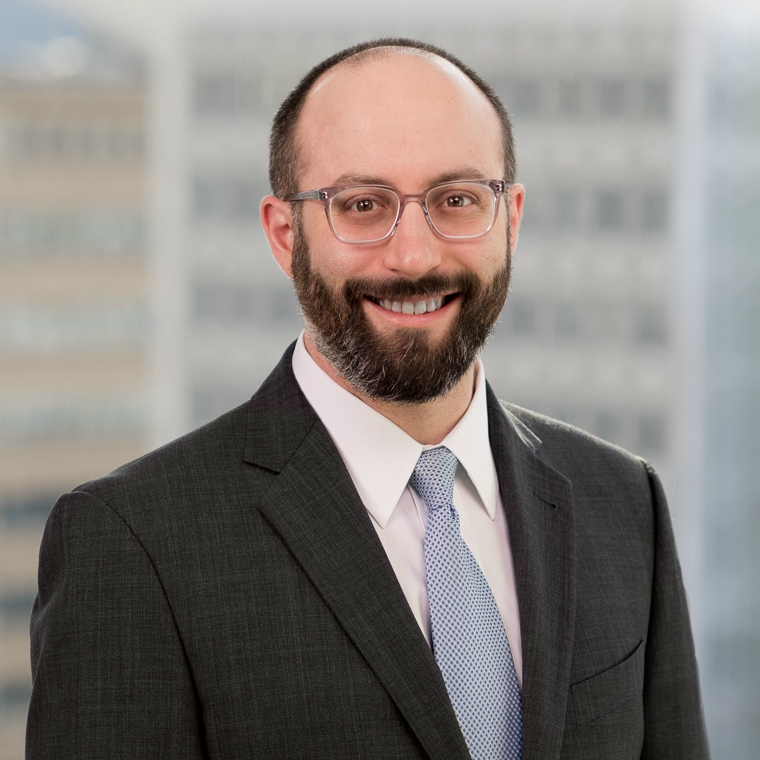The conference, a joint production of the Media Law Resource Center and the Berkeley Center for Law & Technology, explores emerging legal issues surrounding digital content in today's multi-platform world.
Increasingly, platforms have been under pressure on a number of fronts to take down, moderate and/or stop hosting objectionable groups and content, such as content originating from white supremacists, alleged sex traffickers, terrorist groups and the like. The pressure is coming from political forces seeking legal reforms, such as the recently passed Section 230 exception for sex trafficking (FOSTA) and EU regulations demanding accelerated removals; as well social and public relations pressures, e.g., public outrage over Neo-Nazi groups online after the violence in Charlottesville. As a result, platforms are shifting to a more hands-on approach to editorial control, attempting to refine their own values and community standards.
- What role do hosting services like CloudFlare and social media sites and other platforms have in excluding hate groups, and is there a danger in private companies becoming upstream speech intermediaries?
- If you do allow controversial speech, and can identify participants, do you also allow people to advertise to those participants?
- What are the consequences for platforms of FOSTA's enactment, and is the rest of Section 230 under increasing threat?
- What are the jurisdictional boundaries of removal orders from foreign countries, and what standards should platforms follow in deciding whether to obey orders from foreign removal orders from foreign countries?
- What pressures are coming from Europe to accelerate the removal of content, and what effect does that have in US?
Panelists
- Ari Holtzblatt, Counsel, WilmerHale (Moderator)
- Michael Bloom, Director of Federal Government Affairs, Internet Association
- Evan Engstrom, Executive Director, Engine
- Sarah Jeong, Senior Writer, The Verge
- Corynne McSherry, Legal Director, Electronic Frontier Foundation
